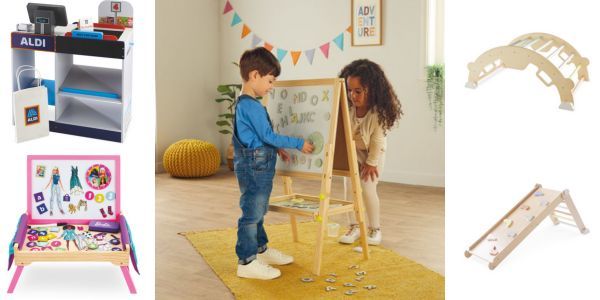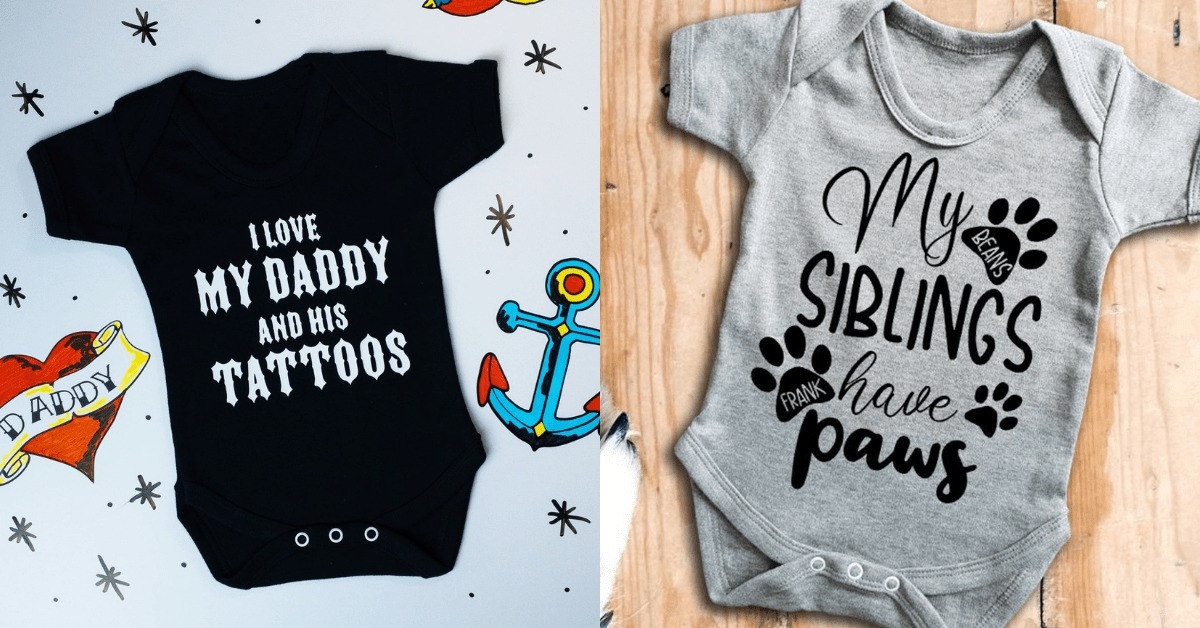

Is your baby teething? Well there are a few different remedies you can try before resorting to teething gels and paracetamol. Every baba will be different, but here is some helpful information of what to do and what not to do once your little one’s teeth start trying to break through.
When can teething begin?
At some point in their first year, your baby will start getting their teeth. This may not cause any problems at all, however there’s also a chance it could be a long and painful process for your little one. Babies most commonly get their first teeth between four and nine months old, although this can vary anywhere up to 15 months.
What are the possible signs of teething?
If your baby’s teeth are starting to break through then you might notice some of these signs.
- Flushed cheeks and face.
- Red and swollen gums.
- Increased drooling.
- Loss of appetite and not feeding well.
- Overly irritated.
- Chewing on everything.
- Tender & Swollen gums.
- Not sleeping very well at night.
What should you do?
If your baby is teething then remember the pain and swelling (caused by their teeth breaking through the gums), could cause them to turn away from your breast or bottle.
To help soothe the gums you could try giving your baby a teething ring, as chewing can help relieve the pain. The kind that you put int the fridge work well for soothing swollen gums.
Another way to relieve your baby’s aching gums is by rubbing a clean finger over them. This may ease pain temporarily.
Chilled soft foods like bananas or yogurt may help too, along with cold water in a bottle.
If none of these techniques work and you still feel like your baby is in a lot of pain then you may wish to resort to infant paracetamol as directed for your little ones age.
Teething gel will also be available from your local pharmacy. Teething gel contains a small dose of anaesthetic which will numb the gums. Again however, this doesn’t take long to wear off.
Make sure you use a teething gel that’s specially designed for young children and not a general oral pain relief gel, as these won’t be suitable for children but your pharmacist should advise you.
What should you avoid doing?
It’s best to avoid rusks because nearly all brands contain some sugar according to the NHS website. Also avoid any foods that contain lots of sugar because this can cause tooth decay, even if baby does only have a couple of teeth!
Another thing to avoid, is putting baby’s dummy from your mouth to their mouth as this will transfer bacteria and could cause infection.
Remember, there’s no way of knowing exactly how long baby will be teething for as everyone is different. However, they should have all of their milk teeth by time they are two and a half.


.png)







